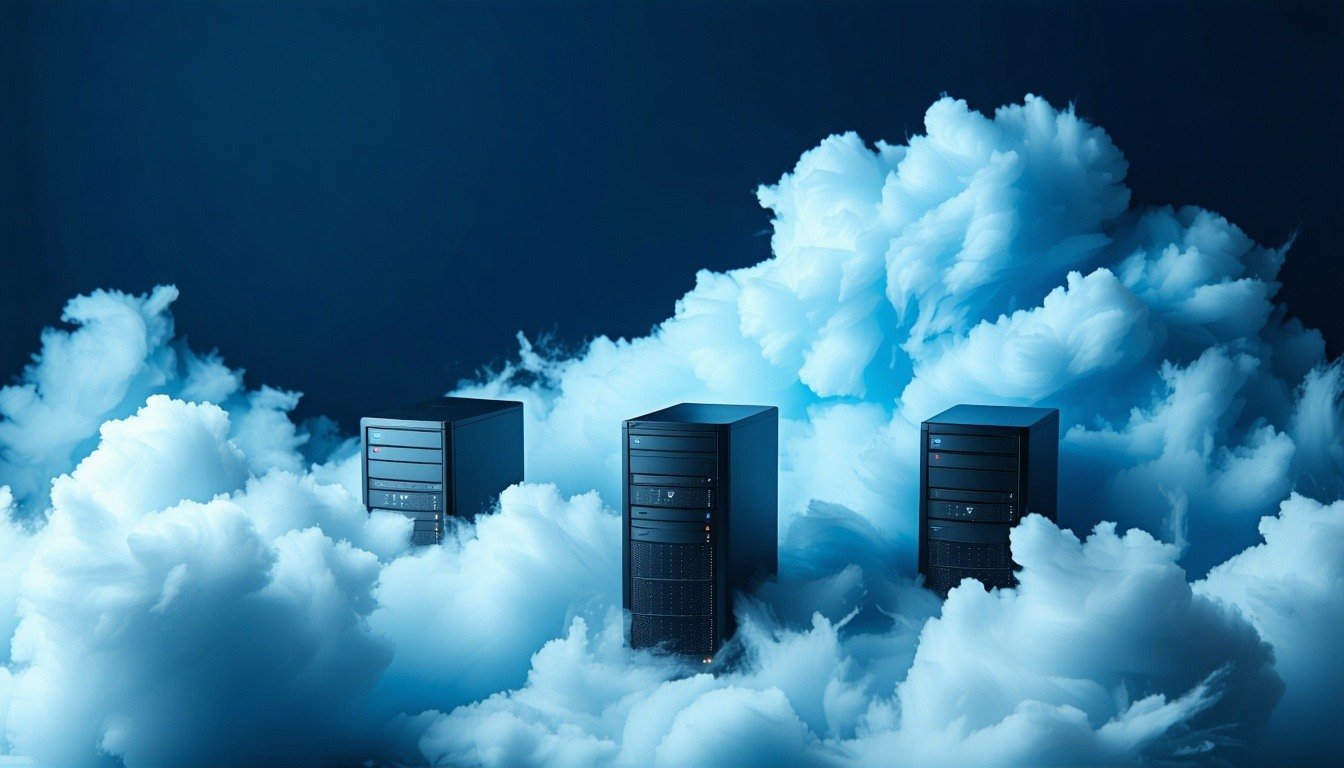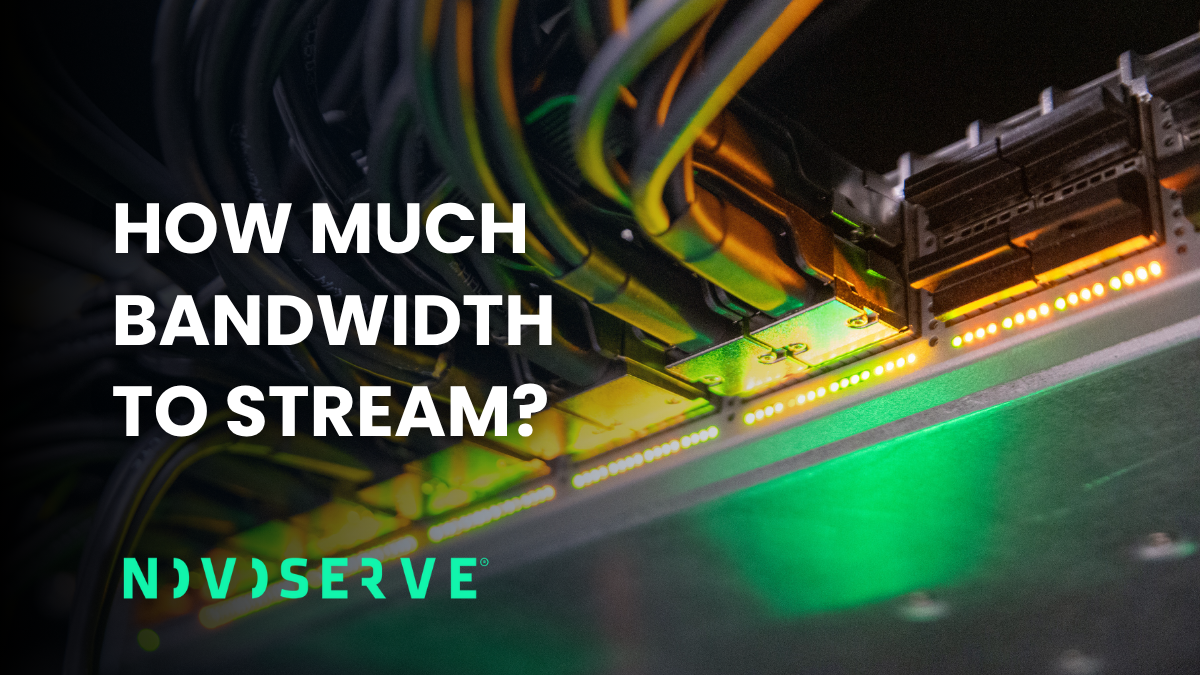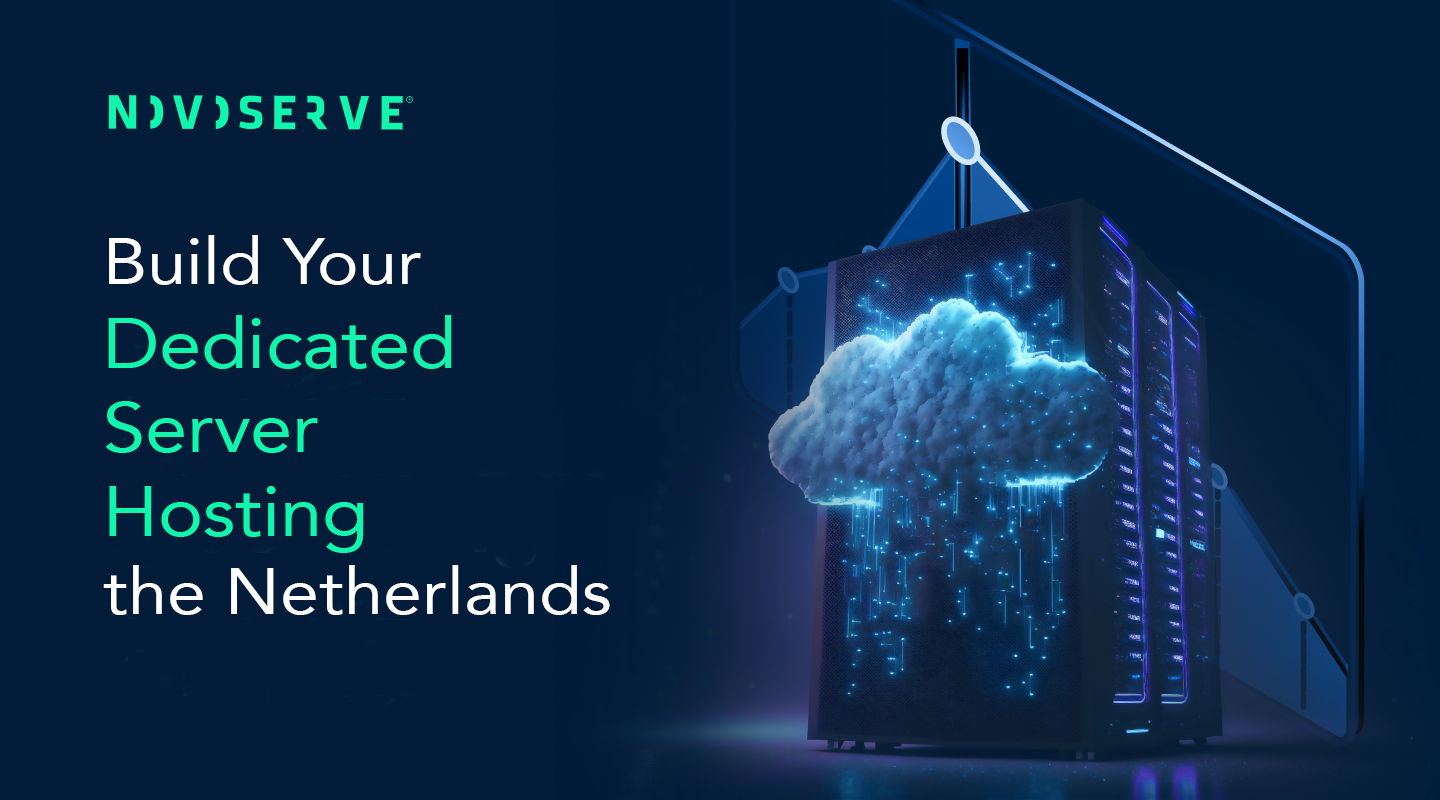The Rise of Hyperscalers
Hyperscalers have been on the rise in recent years, gaining popularity among companies running their business online. These large-scale cloud providers offer a wide range of services and resources to meet the growing demands of businesses. With their massive infrastructure and extensive network capacity, hyperscalers have the ability to handle high volumes of data and traffic.
One of the main reasons behind the rise of hyperscalers is their ability to provide scalability. They offer flexible solutions that allow businesses to easily scale their resources up or down based on their needs. This scalability is particularly beneficial for companies experiencing rapid growth or seasonal fluctuations in demand.
Moreover, hyperscalers often provide a comprehensive suite of services, including storage, compute, networking, and security. This integrated approach allows businesses to streamline their operations and reduce the complexity of managing multiple vendors or systems.
Overall, the rise of hyperscalers has been driven by their ability to meet the evolving needs of modern businesses, offering scalable solutions, a wide range of services, and robust infrastructure.
Advantages of Hyperscalers
Hyperscalers offer several advantages that make them an attractive option for businesses:
- Scalability: As mentioned earlier, hyperscalers provide the ability to easily scale resources up or down based on demand. This flexibility allows businesses to quickly adapt to changing market conditions and avoid overprovisioning or underutilization of resources.
- Cost Efficiency: Hyperscalers operate on a pay-as-you-go model, where businesses only pay for the resources they actually use. This eliminates the need for large upfront investments in hardware or infrastructure. Additionally, hyperscalers benefit from economies of scale, allowing them to offer competitive pricing and cost savings to their customers.
- Reliability and Redundancy: Hyperscalers typically have multiple data centers spread across different geographical locations. This provides redundancy and ensures high availability of services. In case of hardware failures or network outages, traffic can be automatically routed to alternate locations, minimizing downtime and ensuring uninterrupted service.
- Security: Hyperscalers invest heavily in security measures to protect their infrastructure and customer data. They have dedicated teams and advanced technologies in place to detect and mitigate security threats. This provides businesses with peace of mind and helps them meet compliance requirements.
- Global Reach: Hyperscalers have a global presence, with data centers located in multiple regions around the world. This allows businesses to easily reach their customers in different geographic locations and deliver content with low latency.
These advantages make hyperscalers a compelling choice for businesses looking for scalable, cost-effective, reliable, secure, and globally accessible hosting solutions.
Limitations of Hyperscalers
While hyperscalers offer numerous benefits, they also have some limitations that businesses should consider:
- Dependency on the Provider: When relying on a hyperscaler for hosting services, businesses become dependent on the provider's infrastructure, services, and pricing. This can limit flexibility and make it challenging to switch providers in the future.
- Lack of Customization: Hyperscalers typically offer standardized solutions and configurations. This may not fully meet the specific requirements or preferences of certain businesses. Customization options may be limited, and businesses may need to adapt their processes to fit within the hyperscaler's framework.
- Potential Performance Variability: As hyperscalers serve a large number of customers, performance can be impacted by the overall demand on the shared infrastructure. During peak usage periods, businesses may experience performance variations or slower response times.
- Data Governance and Compliance: Businesses operating in certain industries or regions may have specific data governance or compliance requirements. It is important to ensure that the hyperscaler can meet these requirements and provide the necessary controls and certifications.
While hyperscalers offer many advantages, it is crucial for businesses to carefully evaluate these limitations and determine if they align with their specific needs and priorities.
Benefits of Traditional Bare Metal Servers
Traditional bare metal servers have their own set of benefits that make them a viable hosting solution for businesses:
- Performance: Bare metal servers provide dedicated resources, offering high performance and low latency. They eliminate the overhead of virtualization and are well-suited for applications that require consistent and predictable performance.
- Customization: Unlike hyperscalers, bare metal servers offer greater flexibility and customization options. Businesses have full control over the hardware and software configurations, allowing them to optimize the environment according to their specific requirements.
- Data Privacy and Security: With bare metal servers, businesses have full control over their data and can implement their own security measures. This can be particularly important for companies handling sensitive data or operating in industries with strict regulatory requirements.
- Cost-Effective for Certain Workloads: In some cases, bare metal servers can be more cost-effective than hyperscalers for specific workloads. Businesses with steady resource demands and long-term usage patterns may find it more economical to own and manage their own dedicated servers.
- Reduced Dependency: By opting for traditional bare metal servers, businesses have reduced dependency on external providers. They have more control over their infrastructure and can avoid potential vendor lock-in.
These benefits make traditional bare metal servers a suitable choice for businesses that prioritize performance, customization, data privacy, cost optimization, and reduced dependency on external providers.
Choosing the Right Hosting Solution
When it comes to choosing the right hosting solution, there is no one-size-fits-all answer. It depends on the specific needs, priorities, and constraints of each business. Here are some factors to consider:
- Scalability Requirements: Businesses experiencing rapid growth or expecting fluctuations in demand may benefit from the scalability offered by hyperscalers. On the other hand, businesses with steady resource demands may find traditional bare metal servers more suitable.
- Performance and Latency: Applications that require high performance and low latency may be better served by traditional bare metal servers. Hyperscalers, while offering scalability, may have performance variations due to the shared infrastructure.
- Customization Needs: If businesses have specific hardware or software requirements that cannot be met by hyperscalers, traditional bare metal servers provide more flexibility and customization options.
- Data Governance and Compliance: Businesses operating in industries with strict data governance or compliance requirements should ensure that the chosen hosting solution meets these requirements.
- Budget and Cost Considerations: Cost is an important factor for businesses. Hyperscalers generally operate on a pay-as-you-go model, while traditional bare metal servers may require upfront investments. Businesses should evaluate the long-term costs and compare them against their budget.
By carefully assessing these factors and considering the advantages, limitations, and specific needs of their business, companies can make an informed decision and choose the hosting solution that best aligns with their goals.
The battle between hyperscalers and traditional bare metal servers is not about one being superior to the other, but rather about finding the right fit for your business. Both options have their own set of advantages and limitations, and it is important to evaluate them based on your unique requirements. Whether you choose a hyperscaler or a traditional bare metal server, what matters most is that your hosting solution supports the growth, scalability, and security of your business.




